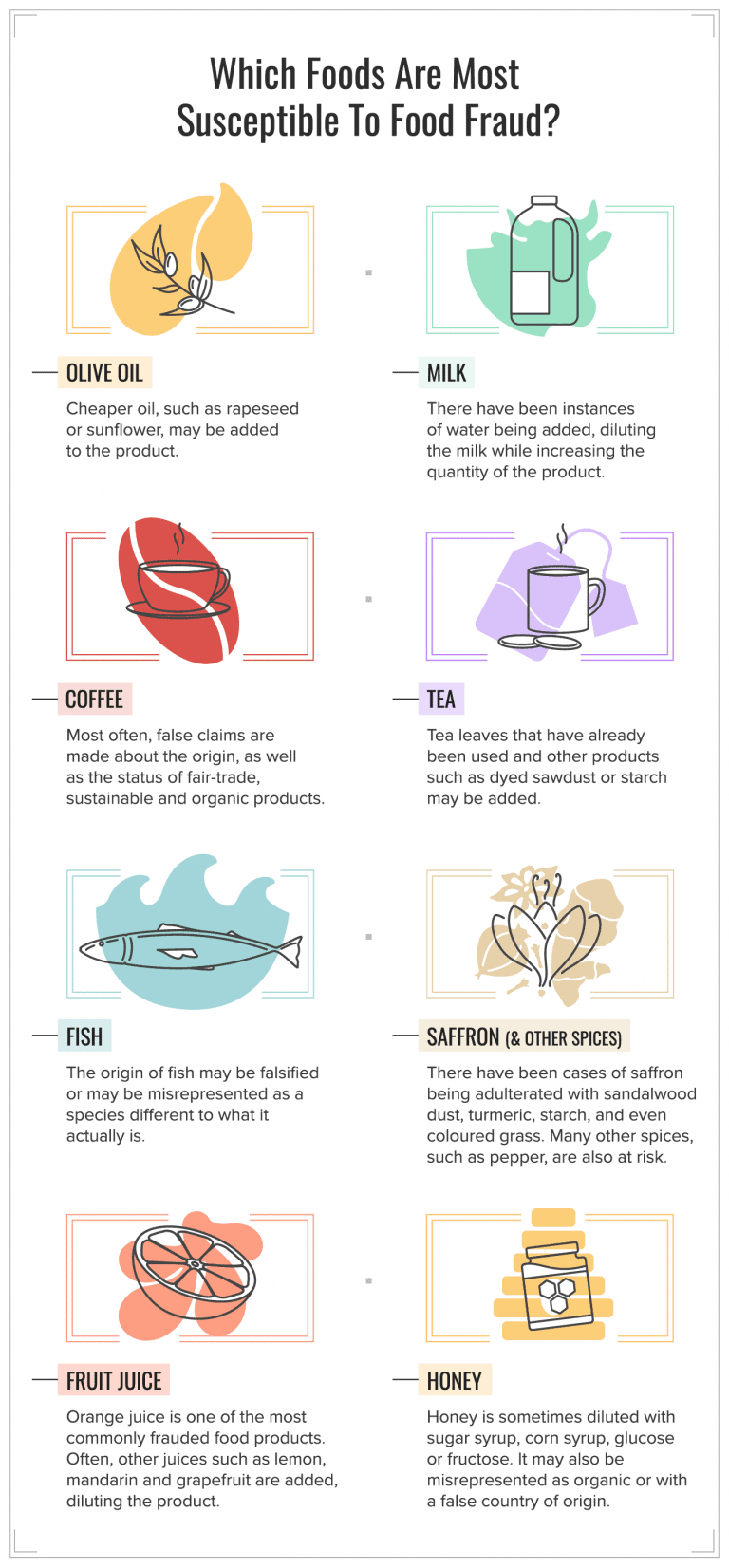The South African public may be falling prey to food fraudsters, as some companies have not been honest about the contents of their products.
ASC Consultants specialize in food safety and public health. They have looked into the prevalence of food fraud in South Africa.
However this is difficult to gauge as the public is not fully aware that the items they have bought may be substandard.
ASC Consultants CEO, Mthokozisi Nkosi says that food fraud amounts to a company lying about a product’s contents, or changing its expiry date.
He has noted that the South African consumer is too trusting of food labels and expiry date stamps. This as food fraud is on the rise in this country.
Nkosi explains that a bottle of olive oil may claim to “extra virgin”, but could be mixed with cheaper, canola oil. Some companies will then charge more for a bottle that claims to contain “extra virgin olive oil”.
He says that in this case, it is difficult for the consumer to tell the difference until they’ve opened the product. And not all will be able to tell if the product is substandard.
Other items may have their expiry dates changed; and these often make their way to informal markets like taxi ranks, or flea markets.
South African law dictates that food companies must be honest about the contents of their products.
But often, consumers are not suspicious enough to be vigilant of these attempts at duping them.









